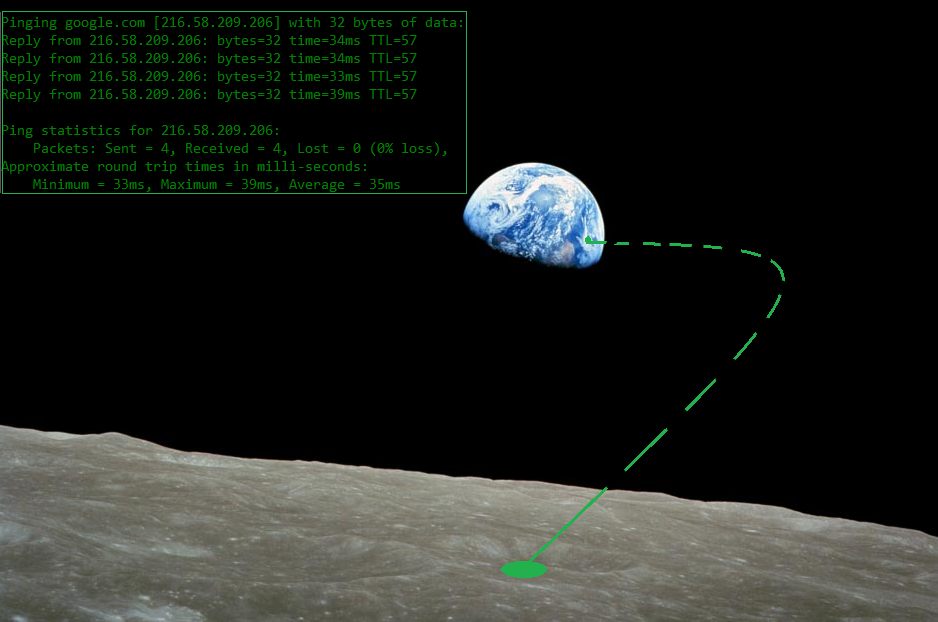Check your site from Mars? Nothing is impossible
The monitoring service HostTracker, in cooperation with NASA and other leading space agencies, has achieved a truly universal expansion of the network. We have been working for many years to improve the parameters of our system, such as: a monitoring algorithm, the addition of new servers, the constant development of new useful functions. At the same time, we always try to keep up with the times, and even look into the future for a bit, where it is possible. Below we will discuss just an extremely interesting function, which, despite its (so far) dubious practical value, can dispel Friday's boredom a little.

So, what happened? Thanks to the many years of efforts of our administrators, as well as the talents and foresight of managers, it has become possible to cooperate with the leading space agencies of the world. As a result, HostTracker was able to launch the world's first universal monitoring network. For starters, this feature is launched for instant site checks that are accessible even to anonymous users:

You can check it yourself here .
This achievement demonstrated the full potential of our service, outlined its long-term and focus on the latest scientific and technical developments. Therefore, our service is especially recommended for customers who have been building their sites for centuries. Imagine what it will sound like: “over the hundred years of the site’s operation, it demonstrated an uptime of 99.98%, and attendance from Mars has grown from a few requests from bots living there a century ago to quite decent numbers.
In general, today the coverage map looks like this:

But it is worth considering that here the relative position of objects is constantly changing. Therefore, the answer to the question “why did ping me grow from the orbit of Pluto?” Can be obtained using this service .
By the way, all this became possible due to the fact that our software takes up very little space and is not demanding on system resources. Therefore, you can also become a part of this , without exaggeration, the Universal Project.

So, what happened? Thanks to the many years of efforts of our administrators, as well as the talents and foresight of managers, it has become possible to cooperate with the leading space agencies of the world. As a result, HostTracker was able to launch the world's first universal monitoring network. For starters, this feature is launched for instant site checks that are accessible even to anonymous users:

You can check it yourself here .
This achievement demonstrated the full potential of our service, outlined its long-term and focus on the latest scientific and technical developments. Therefore, our service is especially recommended for customers who have been building their sites for centuries. Imagine what it will sound like: “over the hundred years of the site’s operation, it demonstrated an uptime of 99.98%, and attendance from Mars has grown from a few requests from bots living there a century ago to quite decent numbers.
In general, today the coverage map looks like this:

But it is worth considering that here the relative position of objects is constantly changing. Therefore, the answer to the question “why did ping me grow from the orbit of Pluto?” Can be obtained using this service .
By the way, all this became possible due to the fact that our software takes up very little space and is not demanding on system resources. Therefore, you can also become a part of this , without exaggeration, the Universal Project.
')
Source: https://habr.com/ru/post/280464/
All Articles